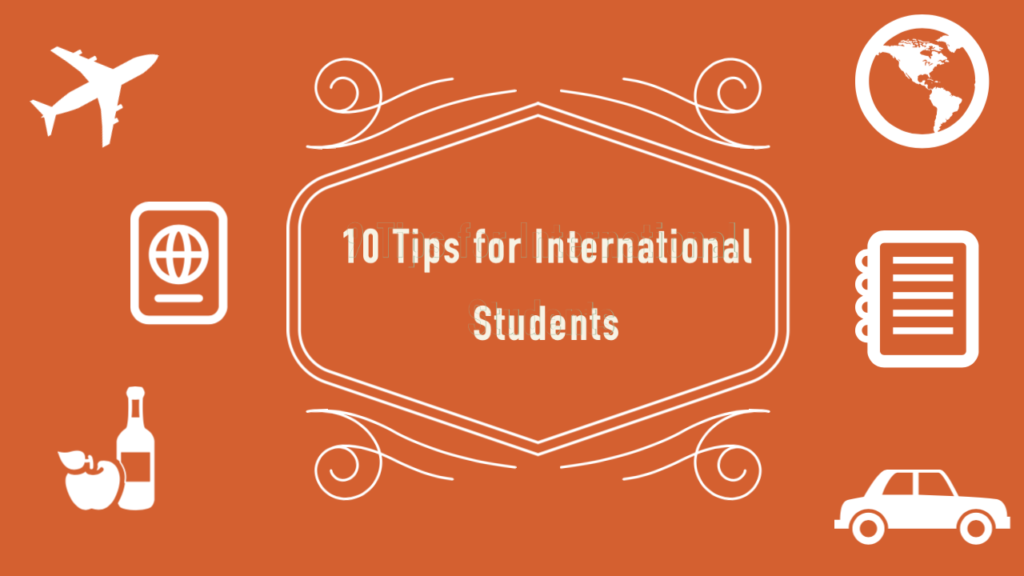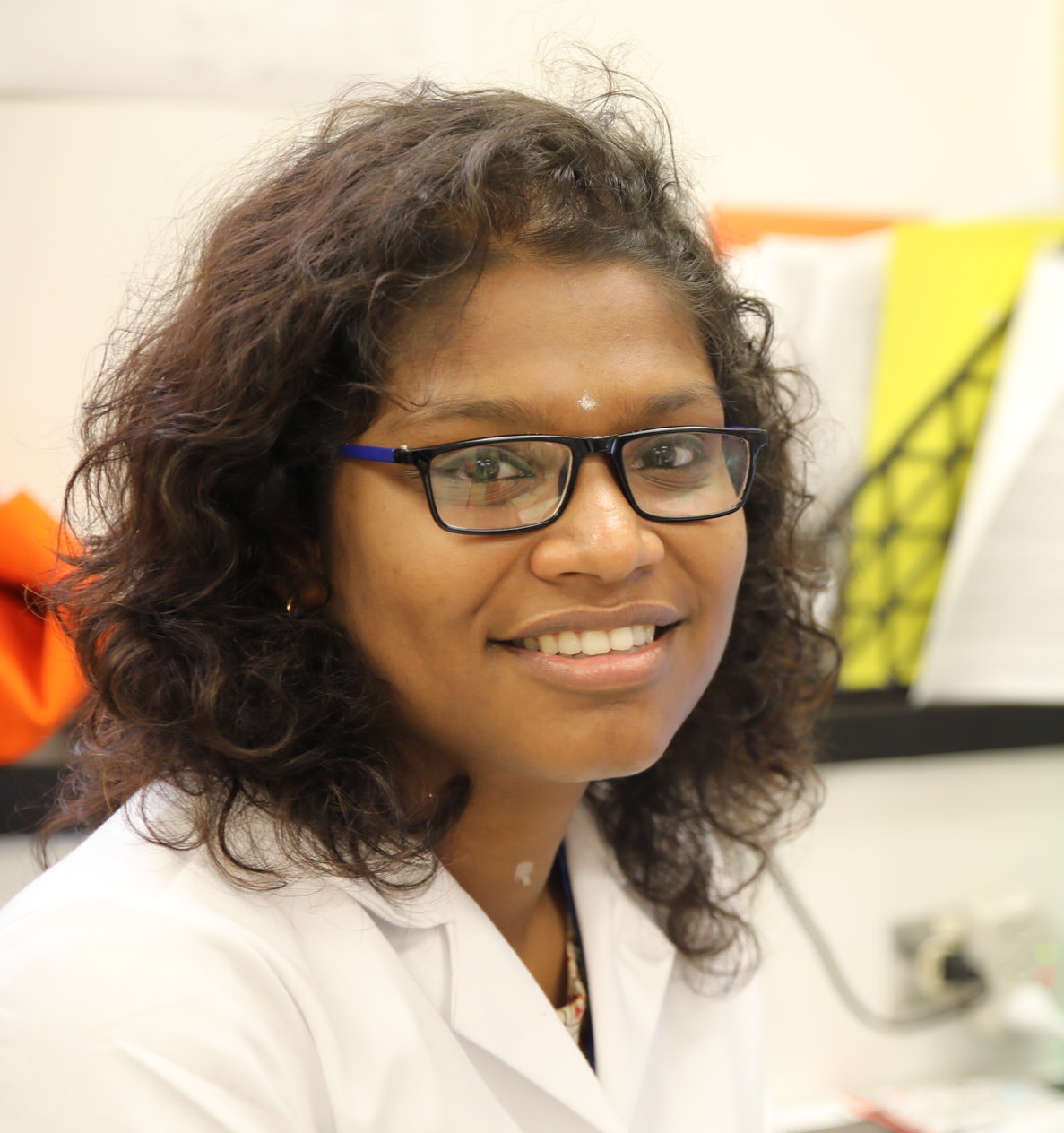The Career Series: 10 Tips for International Students

Moving to the U.S. for higher education is daunting for any international student. About a million students come to the U.S. every year to begin their academic journey. The weather, culture, environment and food will be a new experience and will take some getting used to. Here are a few tips to ease your transition and to make the most of your stay in the U.S.

Documents
Your passport, visa, i20 and i94 are important documents if not the MOST important documents. Keep these documents safe and be sure to leave a copy with the Office of International Services. Make multiple copies of these documents and keep them with you. Get a state ID or a driver’s license as proof of identity and to avoid carrying your passport around.

SSN
A social security number (SSN) is the first and continuous connection with social security. It helps social security identify and record wages and earnings. Get an SSN as soon as possible to ensure you can be paid now or in the future. It is required to file your income taxes. Do not share your SSN unnecessarily.

Establish social life
When you moved, you left your social circle and social life behind. It’s time to create a new social circle which might prove to be a challenge. Engage in social organized at the university. Show up to as many events and activities as you can. These events are the best place to meet new people who are from a different program or year. Be open to conversations and initiate them if you have to. Take a deep breath and go say hi!

Ask for help
You have moved countries. It’s a big deal. You do not know the new country and will need help. Do not hesitate to reach out. It’s better to be thorough than sorry. Reach out to locals, family in the U.S., faculty and staff at university in times of need. You will be surprised how friendly people are.

Don’t forget your roots
The experiences, cultures and traditions in a new country might be fairly new and different. As you embrace it, do not forget your roots, traditions and cultures. The experiences you grew up with have played an important role in shaping you and these will keep you grounded and connected to the experiences you grew up with.

Keep up with the news
Be aware of what’s happening in your home country and your current country. As an international student, it is essential to keep track of changes in immigration policies, international travel rules, the political landscape, changes in visa policies and local happenings. This will help you make informed decisions, plan your future, and keep up with local and international changes in rules.

Learn how to cook
Adapting to a new cuisine is exciting at first. But somedays you yearn for a home-cooked meal you grew up eating. Most likely, the only way to get that meal is to make it. You will enjoy the process and the outcome. It’s also an easy way to save some $$$.

Finances
Be aware of how much money you make, how much you pay in taxes, how much you spend and how much you can save. It is also a good idea to keep up with income tax rules, how to file them and how you can get a refund (if you are eligible). A good resource to talk to the HR department at your university.

Explore clubs and societies at school
Every university has a multitude of clubs, societies and associations that are aimed at bringing students together and to help develop networks. Explore those clubs, pick a club that piques your interest and become an active member. It is an easy way to get to know people from outside your comfort zone. Participate in activities organized by those clubs, expand your network and eat some free pizza!

Adapt to the new educational system
Familiarize yourself with the grading system, formats of assignments, quizzes and tests. The requirements for successful completion of classes vary. Complete those requirements in time to gain credit for those classes.
Hope you have fun embracing your international experience!
About The Author
 Raksha Parthasarathy is a student in the Molecular Immunology & Microbiology discipline in the Integrated Biomedical Sciences Ph.D. Program. She is working in the lab of Dr. Elizabeth Leadbetter where she is working on a project about memory B cells and cell death pathways in B cells and iNKT cells. Read an article about her: “Raksha Parthasarathy: My first memory of science was the Science Express, a science museum on wheels.” The “Beyond The Bench” series features articles written by students and postdoctoral fellows at The University of Texas Health Science Center San Antonio.
Raksha Parthasarathy is a student in the Molecular Immunology & Microbiology discipline in the Integrated Biomedical Sciences Ph.D. Program. She is working in the lab of Dr. Elizabeth Leadbetter where she is working on a project about memory B cells and cell death pathways in B cells and iNKT cells. Read an article about her: “Raksha Parthasarathy: My first memory of science was the Science Express, a science museum on wheels.” The “Beyond The Bench” series features articles written by students and postdoctoral fellows at The University of Texas Health Science Center San Antonio.
